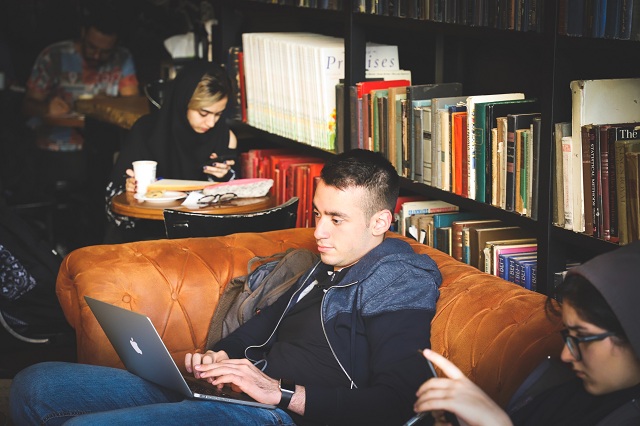A challenge to reduce children’s screen time: The technology has brought things like social media, internet, and video games. For young people, these have become the part of their life. These things have made information, friends and entertainment readily accessible. However, research shows that this ability brings a new set of challenges for families.

The challenge is not to completely shun the usage of TV or video games but to inculcate healthy media habits in families.
In the light of this, a program has been developed by retired Delta-Schoolcraft Intermediate School general education director, Katie Paulsen, within the district. It has been going on for 10 years and new elements are added every day as technology changes. She currently works on adding more social media elements to the curriculum.
The program is flexible and makes it easier to be implemented for students of preschool through high school. Only a chosen number of lessons are present.
There are not as many programs as there should be. Take the Challenge’s student education and social media reduction elements is a popular program that stands out.
There are six sections, of which the first task is to analyze the screen habits and setting goals. After grabbing the information, students work with their families to identify how much time they are spending and begin researching the impact of entertainment media’s impact on health.
There is a link between obesity, lack of sleep, and social & emotional issues that the students may encounter.
The kids conduct their own research, once they look at the number of times the characters hit, push, and punch, all of them get startled by the violence. The violence is too much for young children.
With the outcomes of the research, students and parents can work onto developing new habits. The revisions consist of decreasing the entertainment media usage for a week or completely shun the usage of screens for a week.
After these media Sabbath, children and parents keep on practicing the deals while giving less time to entertainment media.
Finally, based on their experiences, students make their own materials like posters, videos, and PowerPoint presentations.
The outcomes have been very promising and parents give positive feedback about the program. The program clearly sets an example of why is it important for families to find the best ways to use technology.
A little research has taken place to find out the effectiveness of the program. The results show that a 55 percent decrease in playground aggression took place in students of eight schools. Negative behavior fell by 48 percent in the classrooms.
One teacher was even thrilled to see how attentive her students were after attending the no screen week. The participation in class reached new skies.
A recent evaluation found that the students who took part in the program have started to use less TV, video games, and internet. Consequently, teachers found increased focus and homework completion of students.
We think the time has come when everyone should monitor their gadget usage and start forming healthy media habits.

